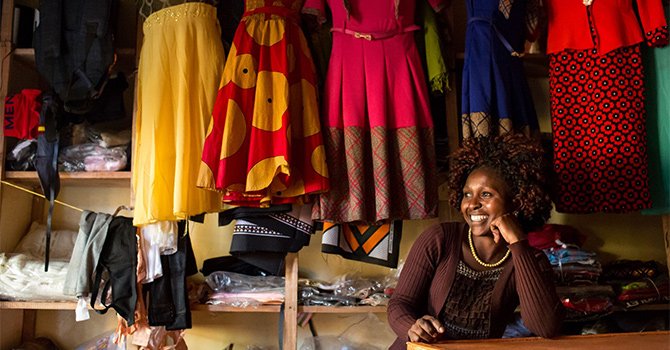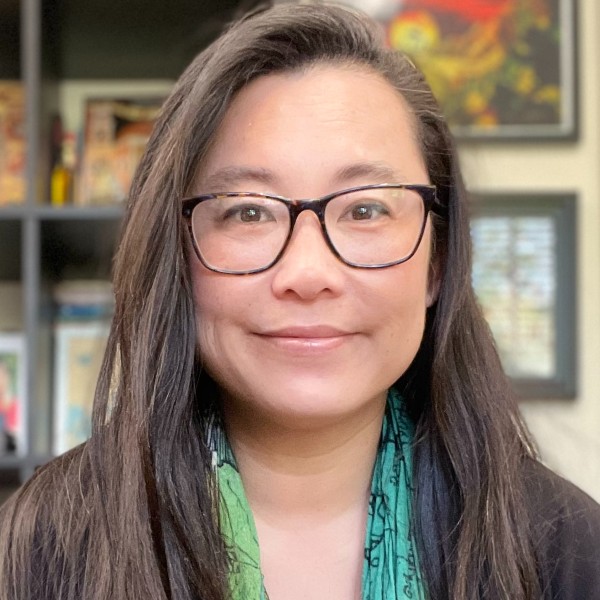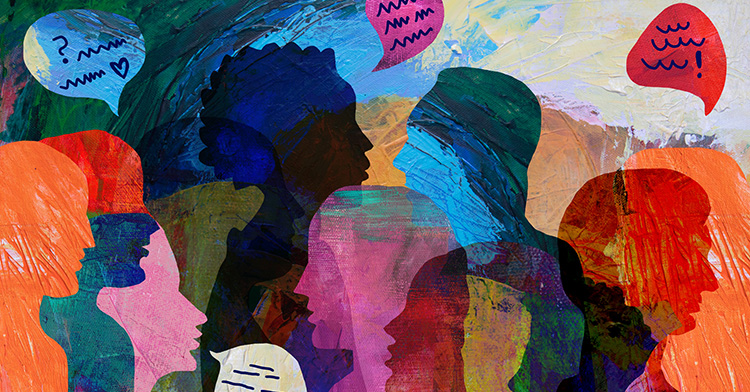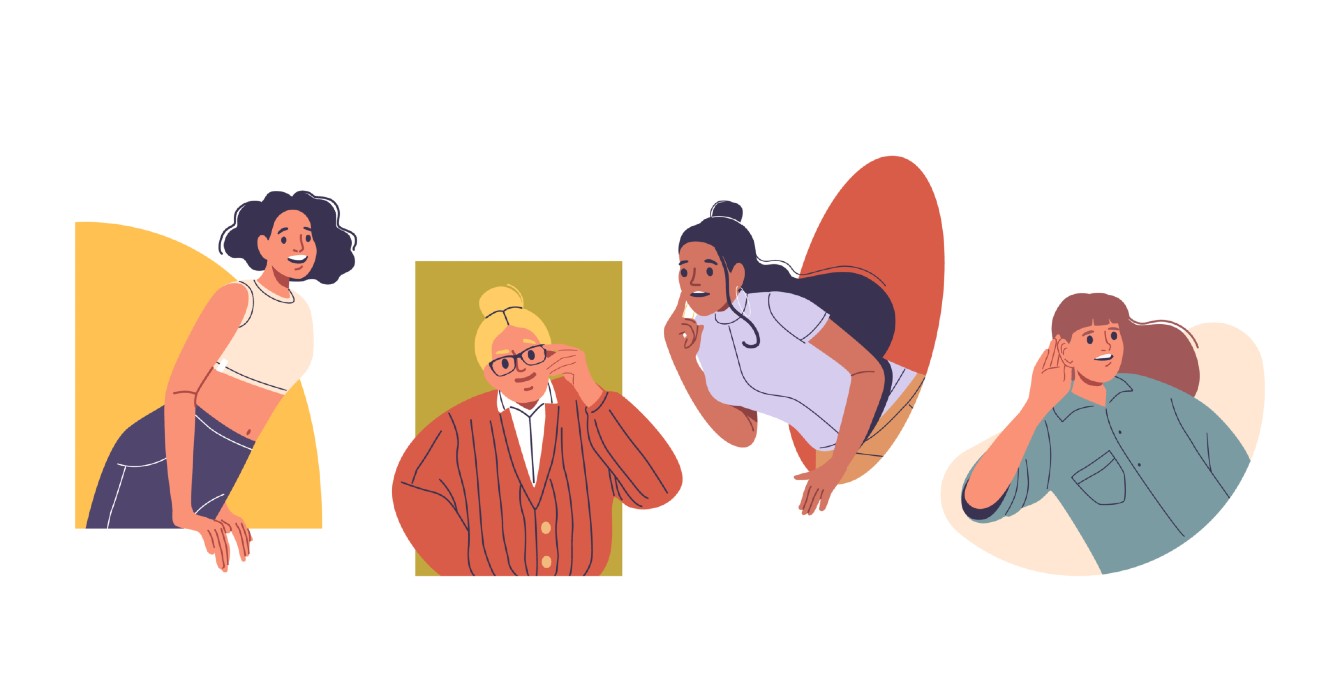Ten years ago, a North Carolina-based relief organization found itself blessed with a surplus of donations and a desire to make a lasting improvement in the lives of orphans.
Founded in 2004 as a mission of the North Carolina Conference of the United Methodist Church, the Zimbabwe Orphans Endeavor (nicknamed ZOE) was formed in the days when churches began to awaken to the AIDS crisis ravaging Africa, and in particular, to the growing needs of children orphaned by the disease.
ZOE set its sights on Zimbabwe and Zambia, and like many relief organizations, set up feeding programs in schools and sent medical missionaries to treat orphans for parasites and complications from malnutrition and HIV/AIDS.
Methodists in North Carolina and beyond supported the effort with their time, talents and treasure, and the organization grew apace.
Susan Graebe, a ZOE board member at the time, flew to Zimbabwe in 2005 alongside a volunteer medical team and saw the relief efforts up close.
She supported the work, but a nagging thought kept resurfacing.
“I had a feeling, ‘This is good work, but what happens when the Western aid is unavailable?’” she said.
That sentiment grew and pervaded the ZOE board.
“There was a sense of, ‘How do you get at the underlying causes of poverty?’” Graebe said. “‘How do you become more than just relief?’”
In 2006, when the board realized that its reserves were healthier than expected, it began casting about for a sustainable project that would allow the nonprofit to lift orphans out of poverty and make its charity efforts obsolete.
How do you measure the impact and sustainability of your work? What would it take for you to make a wholesale change in your approach?
Though the board didn’t know it at the time, other nongovernmental organizations were rethinking the way they did business as well, questioning their poverty-alleviation strategies and wondering whether their development projects were addressing the core problems they had set out to solve.
“There are increasing amounts of critique around aid and creating dependencies,” said Emily Dubie, a Ph.D. student studying charities at Duke University’s Graduate Program in Religion. “Some of it is old, and some of it is new.”
In their quest to rethink relief work, Zoe’s leaders came upon an epiphany. Literally.
Relief was damaging her country
Epiphanie Mujawimana was a schoolteacher until the 1994 genocide upended her native Rwanda.
After the mass slaughter, in which an estimated 800,000 people were killed, she applied for work among the many nonprofits that were flooding her country with assistance.
Her concern was always for children. Of those who survived the genocide, more than half stopped going to school. An estimated 75,000 were left orphans, most without shelter.

Mujawimana wanted to help, and she had an arsenal of life experience. She too was an orphan, from the age of 9. She knew what it was like to eke out an existence without parents to support her.
Working for various NGOs, including Food for the Hungry International and later Church World Service, she helped distribute food, school uniforms and other supplies.
But she eventually began to notice that after a year or so, the aid her organizations were distributing was harming instead of helping.
“I found that after one year, it destroyed the communities instead of helping them,” she said. “It’s good to phase out relief distributions and start teaching people to work for themselves and be independent.”
Worse, she said, the relief supplies weren’t being put to good use. Children would sell the clothes or food they received, for example, or use the mosquito nets for corralling chickens indoors rather than tenting their families’ beds to help prevent malaria.
That’s when, working with a team through the YWCA, she began to develop what she called an empowerment program. Instead of giving the children food, she would bring them seeds and teach them how to plant gardens. Instead of leaving them to rely on missionary doctors to dispense medications, she would teach them how to avoid contracting diseases, especially HIV.
Epiphanie Mujawimana was already doing the kind of work ZOE leaders wanted to do. Can you imagine bringing in new partners for ongoing work? How might you find those people?
While many relief groups were committed to feeding programs in schools, Mujawimana opposed the programs because they targeted the kids who needed them least -- those who could afford to go to school -- while their siblings back at home starved.
By 1996, she had developed a program she called Giving Hope Orphan Empowerment. It would bring together 60 to 100 orphaned children in a working group, coaching the eldest or most responsible child from each family unit with life skills or vocational training and offering the participants incentives to start small businesses.
By 2006, the program was beginning to yield results, and Mujawimana began to speak about her experiences in U.S. church halls.
That’s where a champion of ZOE’s work first heard her talk and, seeing an opportunity to provide orphans with the gift of lasting change, introduced her to a ZOE executive.
Empowering children
While Mujawimana had previously struggled to convince nonprofits of the value of her approach, ZOE let her run with it.
Empowering orphans fit well with ZOE’s Christian mission of helping orphans live lives of dignity.
What convictions animate your work? Could you stay true to those convictions while shifting strategy and tactics?
“Jesus not only freed people spiritually but from disease and despair, too,” said Gaston Warner, ZOE’s CEO.
Through empowering children, ZOE saw an opportunity to bless their lives with work that was meaningful, purposeful and joyful and to assure them they were deserving of God’s love and made in God’s image.

Soon after Mujawimana began working for ZOE on a contract basis, she helped train Reegan Kaberia, a Kenyan social worker with an MBA, to replicate her project in the far larger East African country. The two were eventually hired full time.
Together, they fine-tuned the key elements of ZOE’s empowerment program:
- A three-year structure built around a working group of 60 to 100 orphaned children, from 20 to 30 families, with the eldest in each family between 12 and 21 years old.
- Weekly group meetings for the eldest or head of household from each family led by a ZOE staff member and community leaders.
- A “dream plan” drawn up by each head of household for the support of his or her family.
- A modest $30 to $40 microgrant given to each head of household in the first year of the program for the purchase of chicks or seeds or tools needed to start a business.
- A microloan of between $50 and $75 given to each head of household in the second year of the program to help grow the business. All loans are approved by the group and repaid to the group.
- A life skills curriculum, including education in food security, nutrition, disease prevention and civil rights.
- An understanding of God’s love. Though the program does not require non-Christians to convert, it shares the Christian message with the orphans.
The model was so attractive that one year after hiring Mujawimana, ZOE was ready to phase out its relief efforts.
“Relief efforts are appropriate in emergency situations,” Warner said. “But in situations of long-term poverty, relief leads to dependency.”
Gradually, the organization added more empowerment working groups, bringing the total to 110 in Kenya -- the largest of the countries where ZOE works -- and 95 in Rwanda.
By 2015, ZOE had a budget of $3.6 million devoted exclusively to the empowerment work. More than 85 percent of that year’s budget was spent on funding the program (including buying farm animals, seeds, fertilizer, sewing machines and other items), and about 15 percent was spent on overhead, including three full-time and four part-time U.S. administrators.
“What we’re really trying to do is get children to take ownership and control of their own lives,” Warner said. “They move from being beggars to being bosses, from being a problem to being a solution in their community.”
Poverty’s complex roots
Most Christian charities are guided by Jesus’ famous admonition, “For I was hungry and you gave me food, I was thirsty and you gave me something to drink, I was a stranger and you welcomed me, I was naked and you gave me clothing …” (Matthew 25:35-36 NRSV).
But handing out food, water or clothing is not always a solution to poverty.
John Boswell, ZOE’s board chairman, points to ongoing problems in Haiti, where decades of relief work have made little difference.
Part of the problem is that rich benefactors often view poverty as an absence of material resources, but systemic poverty is far more complex. It’s a combination of culture, politics, history, laws, infrastructure and individuals.
And there’s the issue of the unequal power structure between the giver and the receiver -- and the assumption that the donor knows what’s best for the recipient.
In their book “When Helping Hurts: How to Alleviate Poverty Without Hurting the Poor … and Yourself,” Covenant College professors Steve Corbett and Brian Fikkert write: “One of the biggest problems in many poverty-alleviation efforts is that their design and implementation exacerbates the poverty of being of the economically rich -- their god-complexes -- and the poverty of being of the economically poor -- their feelings of inferiority and shame.”
Boswell, who has visited ZOE working groups in Kenya, said what touched him most about the empowerment program is the sense of pride that it offers participants.
At a recent ceremony where participants were given supplies to set up their businesses -- a sewing machine for a tailor or a set of scissors and clippers for a hairstylist -- the children were beaming.
“I’ve never seen anybody prouder,” he said. “It got me choked up.”
And one reason for the program’s success, he added, is that the Americans don’t dictate it.
“Our model is to teach them how to do it and to help fund them,” Boswell said. “We don’t do it for them. We don’t try to micromanage what’s going on there.”

ZOE does encourage U.S. church groups to partner with, or sponsor, a working group. For groups in Africa and India, sponsorships cost $8,000 a year for three years. (In Guatemala, where the cost of living is higher, they are $12,000 a year.)
But no Americans are on staff in any of the countries where ZOE works. And the participants within the working groups elect their own leadership and decide what business plans they will support with microloans.
Would the leaders of your organization be willing to give control to those whom it seeks to help? How might that change your operation?
“It’s a paradigm shift away from the traditional way of doing things, in which people from afar decide for the children,” said Kaberia, who now serves as ZOE’s chief program officer. “We let the children make their own decisions.”
Of course, adults do help guide the children, whether it’s the social workers who oversee the working groups or the local businesspeople who volunteer to help the children. But participants are encouraged to become self-sufficient quickly.
“These children do not have the luxury of time,” Warner said. “They are desperate, hungry, beaten, raped and enslaved. To have a modicum of control over their lives and well-being is nothing less than freedom from despair and oppression.”
More authentic relationships
Rachel is a tailor in India; Leodomile, a Rwandan studying to be a welder; Susan, a disabled Kenyan who raises chickens; Davidetta, a Liberian hairdresser.
These are among the 31,000 orphans in seven nations (five in Africa, plus India and Guatemala) now enrolled in ZOE’s empowerment program. That’s a tiny fraction of the estimated 17 million children globally -- the vast majority in Africa -- who have lost one or both parents to AIDS over the past 30 years, according to USAID.
The range of the participants’ occupations is wide and stretches well beyond old-world trades; some make a living charging cellphones; others formed a business videotaping weddings.
ZOE helps pay for vocational training, and many of the children who have had to quit school to care for their siblings are eventually able to resume their general studies once they have a side business -- whether selling eggs from their chickens or vegetables from their gardens. Some have gone on to college.
The empowerment program has freed many children from having to beg or take exploitative or demeaning work for food. More important, it has allowed them to come out from the shadows and re-enter society as productive citizens.
Where some once resorted to alcohol or drug use or prostitution, the empowerment program has allowed them to regain the dignity of work. And while not every business succeeds, and many of the children continue to struggle, reviews are promising.
Texas epidemiologist Michael L. Goodman, who studied ZOE children, found that the incomes for third-year empowerment participants quadrupled compared with those entering the program, and that those same third-year participants were three times more likely to save money than those just starting out.
In 2017, ZOE plans to begin measuring outcomes of its empowerment program more systematically.
“When you empower a family with vocational training, they can help their family members to meet all their needs for generations,” said Mujawimana, the program’s creator. “And you have broken the cycle of poverty.”
Helping orphans attain self-sufficiency appeals to many of ZOE’s more traditional partner churches, while more progressive congregations appreciate its willingness to share the gospel without insisting that children become Christians.
ZOE’s mission of empowerment has gained support from donors across the theological spectrum. Could you seek support for your core mission across divides?
But there’s another outcome all ZOE donors like. The empowerment program has transformed the relationships between giver and receiver.
North American church members long for connection when they give to the poor, which is why so many undertake short-term mission projects in far-flung nations. But true connection is hard to come by when the power dynamics between middle-class donors and poverty-stricken beneficiaries are so unbalanced.
Graebe, the former ZOE board member who has traveled on behalf of ZOE to multiple countries, said Christians often arrive with a can-do spirit: “What’s the problem, and how can I come in and solve it for you?”
The beauty of the empowerment program is that it allows for more authentic relationships, where both parties can share their strengths and weaknesses.
“The model we had for connection was one-sided,” she said. “We have the opportunity to make it more equal and robust.”
And in that way, the ZOE board is convinced, the empowerment program is a gift not only for poor orphans but for U.S. Christians, too.
Questions to consider
Questions to consider
- How do you measure the impact and sustainability of your work? What would it take for you to make a wholesale change in your approach?
- ZOE’s approach has changed, but it still is rooted in its Christian conviction to help the poor. What convictions animate your work? Could you stay true to those convictions while shifting strategy and tactics?
- Epiphanie Mujawimana was already doing the kind of work ZOE leaders wanted to do. Can you imagine bringing in new partners for ongoing work? How might you find those people?
- Would the leaders of your organization be willing to give control to those whom it seeks to help? How might that change your operation?
- ZOE’s mission of empowerment has gained support from donors across the theological spectrum. Could you seek support for your core mission across divides?


















